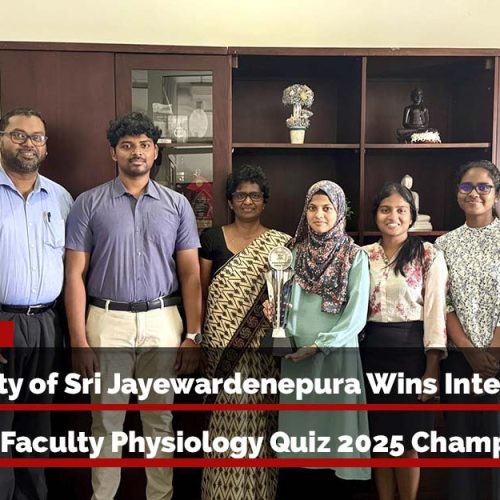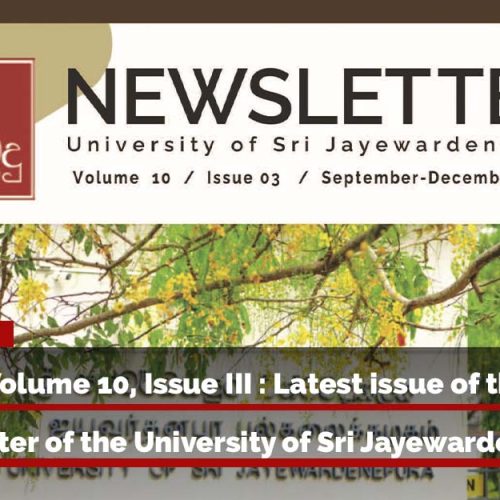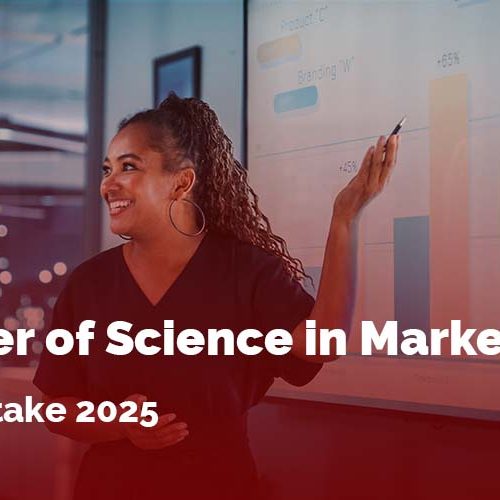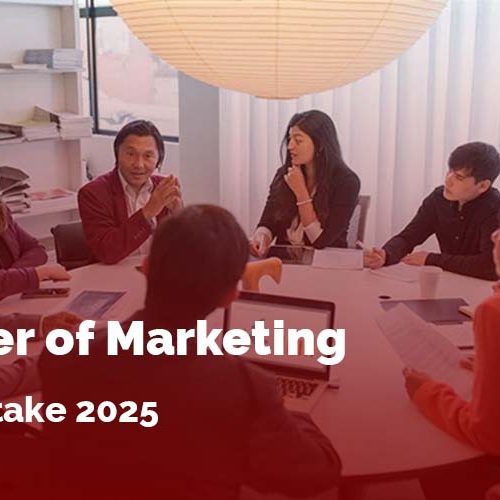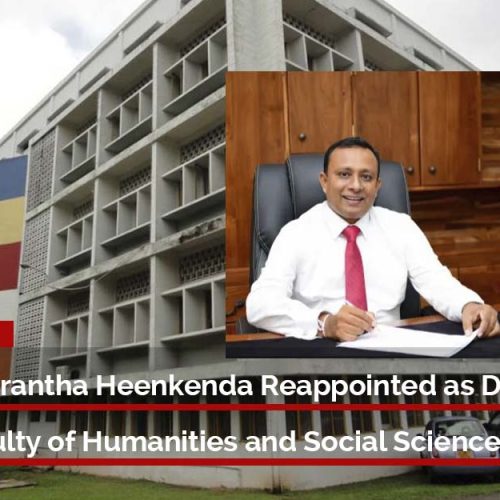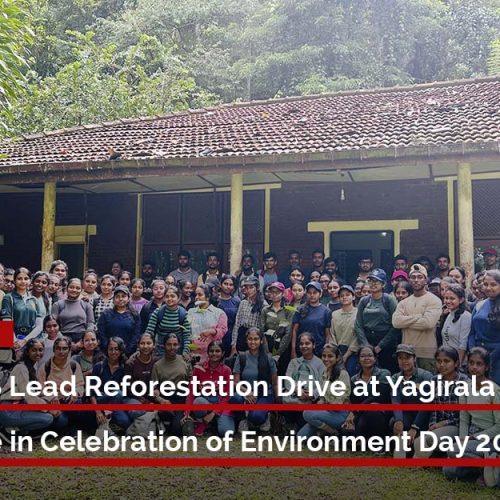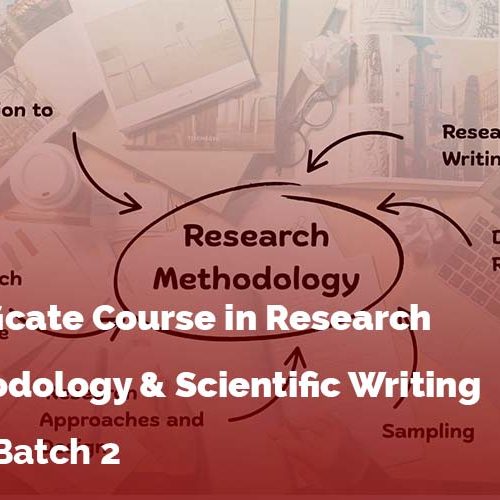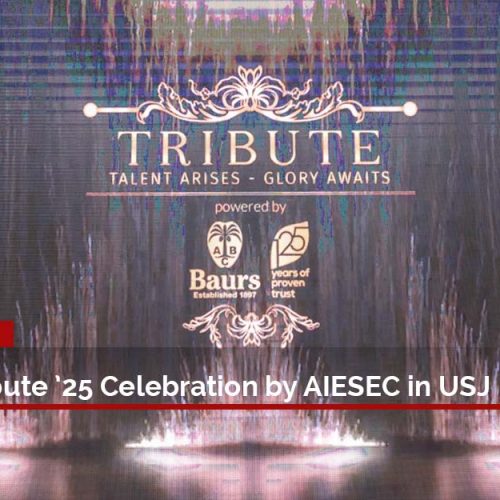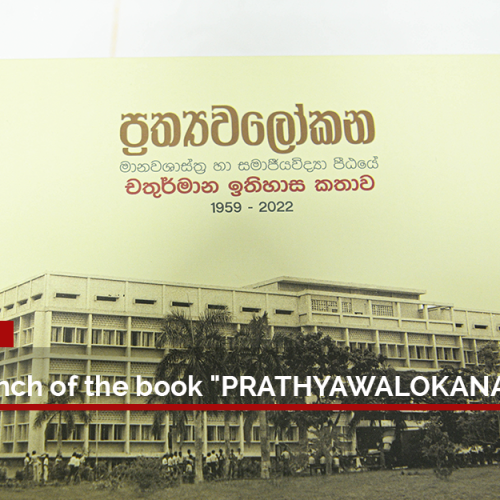By Dinuk Samarasinghe (http://www.thesundayleader.lk)

One of the premier higher education institutions in Sri Lanka – University of Sri Jayewardenepura will be setting up a fully-fledged, research and development (R&D) campus, in a bid to commercialize R&D and to promote Sri Lanka as a centre of excellence in research, opined University of Sri Jayewardenepura Vice Chancellor Prof. Sampath Amaratunge in an interview with the Sunday Leader.
“We want to set up a state-of-the-art R&D Campus- a totally research-oriented facility- the first of its kind in Sri Lanka, along with Rs. 100 million Nanotechnology Centre, Kidney Research Centre, a Cancer Research Centre, a Water Research Centre and an Environmental Research Centre.”
“In my view, our economy can benefit tremendously from these researches and through this R&D Centre we hope to commercialize research,” Prof. Amaratunga added.
Here are excerpts of the interview:
Q: Professor could you please explain a bit about the history of the University of Sri Jayewardenepura?
A: One of the most erudite Buddhist monks in the 19th century – Ven. Hikkaduwe Sri Sumangala Thera along with well-renowned monks such as Ven. Miggettuwatte Gunananda Thera of the ‘Panadurawadaya’ (Debate of Panadura) fame started took the initiative to start Vidyoyada Pirivena at Maligakanda with just seven student bikkhus. Very soon this institution became a highly popular seat of education and was visited by many well-known Buddhist scholars.
In 1959 then Prime Minister S. W. R. D. Banadaranaike upgraded this into a fully-fledged national campus – University of Sri Jayewardenepura (USJP), under the helm of visionary priest and scholar – Ven. Welivitiye Soratha Thera. Even though being a traditional Buddhist monk, he decided to introduce a science stream to this institution which hitherto taught Buddhist Culture, Pali, Sanskrit, Ayurveda etc. Not mere science but applied science and we became the very first university to introduce applied science in Sri Lanka.
What’s more surprising was that Soratha Thera took a bold decision to introduce management and mind you this was before IIM (Indian Institute of Management) introduced management to its curricular. Many criticized the erudite monk stating that there was no subject called ‘management’ at the time and that management cannot be taught but came out of intuition. But Ven. Soratha Thera knew that this was the future of education and invited several international scholars to teach the subject. In fact, you won’t believe that we introduced MBAs and Doctorates or PhDs in Management back in the 1960s.
We have contributed tremendously to our economy. Currently, we are the largest university in Sri Lanka in terms of the number of students. Although we have just 56 acres, but we serve more than 13,000 youth. We conduct lectures from morning to evening, besides we give freedom for students to engage in extra-curricular activities from swimming to fitness training to drama within our premises.
Q: Do you feel that the current higher education system is adequate to cater to the economy of country?
A: My perception is that if you want to make a tangible transition and a paradigm shift in education, then you must make drastic structural changes. Otherwise you can continue your usual, day-to-day operations which I would call as ‘administrative’ or ‘clerical’ and not adapt to change.
We have decided to start Sri Lanka’s first technology faculty in 2016 with 250 students. In 2013 the Government introduced the technology stream in to GCE Advanced Level (A/L). Through technology, we hope to produce technologists who are neither technical officers nor engineers. At the same time we are going to set up an Engineering Faculty with 120 students.
Q: How important is the culture of research in a university, in your perspective?
A: We have found out that there is a huge gap in research and development (R&D). We have nearly 500 members in our academic staff and they have produced libraries full of research. What we are doing now is to see how our economy can benefit from these researches and we will introduce a state-of-the-art R&D Centre. Through this R&D Centre we hope to commercialize research. In addition to undertaking to teach undergraduates and postgraduates we want to set up a R&D Campus- a totally research-oriented facility- the first of its kind in Sri Lanka.
Recently we held talks with the Minister of Health Dr. Rajitha Senaratne and other Ministry officials. We will simultaneously start a Kidney Research Centre and a Cancer Research Centre, which is ideal as the National Cancer Hospital is also in close proximity.
We already have a Dengue Research Centre which is collaborated with the Universities of Oxford and Cambridge and have published several articled in world-class medical journals.
We have offered the Health Ministry our academics and our premises towards research requirements of the ministry. However we have limitations in funding for research purposes. Already we have identified 10 vital areas in health. One such area which is lagging in our country is Community Medicine which our Medical Faculty is very keen to advance. They promote students to visit families and create awareness in health and medicine. We have the background and foundations for health sector development in this country.
Our Applied Science Faculty will set up a state-of-the-art Nanotechnology Centre at a cost of over Rs 100 million. Through this we hope to help industrial development of our country.
In our Applied Science Faculty we have eminent scientists who have world-class patents but till now did not have laboratories to conduct research. I believe we can generate lot of revenue through this initiative as unlike most medical research which is mostly service-oriented, engineering-related research is both service-oriented and profit-generating. We never ask for funds without a return to our economy, since I come from a management background.
Also we would be setting up a world-class Water Research Centre. We have already prepared a tentative budget failing industrial partnerships and grants. This would be linked with our own Kidney Research Centre.
Furthermore partnering with our Forestry Department we are thinking of setting up an Environmental Research Centre.
We want to set up a job-oriented Postgraduate Institute in History and Archeology which caters to segments that have a huge vacuum. In addition they have the option to join the tourism industry.
Q: Professor how do you hope to deal with employability issues?
A: When it comes to employability, naturally, arts stream is faring a bit low. As amongst students of the Faculty of Humanities and Social Sciences, it is a bit hard to overcome the gap in proficiency of English language. Towards this end we have introduced a concept where any group of 25 students can request for a Spoken English class- regardless of their course or faculty.
These are our sons and daughters. Although they may come from rural areas, they too like to wear a tie, eat with other executives etc when they join a company. Although soft skills are a must, I do not believe that they can be taught. They have to go into industry for them to learn. That’s why we have designed an internship component for Management faculty students, without which an undergraduate cannot obtain his or her degree.
Q: How do you hope to address the imbalance in the skills gap?
A: We have identified the skills gap and are working towards resolving this. 75% of our intake is into Social Sciences (Humanities, Social Sciences and Management) whilst only the remaining 25% is absorbed in to the Natural Science streams (Medical and Applied Sciences). You need to increase studying of applied sciences in order to impart rationality and prudence into students. So introducing Technology and Engineering is a must.
Student politics is also an indirect result of this imbalance. USJP is famous for this. However we are fortunate that there is no ragging so far this year and there wasn’t any unwanted incidents reported this year. Plus we have Student Councils where Student Representatives appointed into these are held responsible for everything that happens within these walls. If these legally-set up bodies are not there student start underground activities.
Q: What other plans do you have in mind?
A: We have started a unique postgraduate programme on Wildlife Sciences and Archeology for Tourism. Nearly 15 foreigners have applied for the first course which is scheduled to start soon. We will hold classes not in campus but in wildlife parks such as Kumana, Wilpattu, Yala etc. Archeology and Marine Archeology will also be included. We don’t want to teach just tourism, we want to create and teach niche tourism segments. Unfortunately Sri Lanka has not yet even touched these adventure and experiential tourism. As a national university we want to change the archaic mindset and venture into new areas.
Q: So what changes do you hope to make?
A: There is a skills gap which we are trying to change step by step. In the Medical Faculty there is no issue about employability. Students in the Management Faculty simultaneously finish professional courses such as CIM, CIMA, Chartered Accountancy, ACCA etc plus they are sent for industrial training so they too don’t have any issue in finding good jobs.
In the Applied Sciences Faculty, usually there is no employability issue as we teach Management, Economics, Entrepreneurship etc. We offer more than five or six Management subjects and these are very popular amongst students. We are the only university in Sri Lanka which offers such a varied combination. They too now prefer opting for professional courses.
However our biggest challenge is Social Sciences and Humanities. I have implored my academic staff not to carry out ‘administrative’ or ‘clerical’ duties but to come out with innovative and out-of-the-box proposals.
Q: How important is industrial training in your view?
A: We say that Sri Lanka has over 90% plus literacy rates but can our students really work shoulder to shoulder with global industrial giants? My belief is that if we are teaching, let us say automobile technology, we must always partner with industrial giants in automobile industry.
For instance I have invited Mitsubishi of Japan to set up their own laboratories here and to create opportunities for our students. In fact if everything goes well, Mitsubishi can set up its own plants in Sri Lanka or our students can work in any place from Mercedes to BMW to Nissan. In addition, we have inked a MoU with Sri Lanka Telecom (SLT) which is willing to provide laboratory facilities to our students. These partnerships are mutually beneficial and the country too benefits immensely. Plus I can guarantee that these graduates are 100% employable.
We also promote our students to go abroad for employment. We tell them to send money back to the country to which you owe so much. Inward foreign remittances are an important mode of earning valuable foreign exchange. I openly tell them go abroad but send your money.
Q: Sri Lankan universities are famous for student upheavals. How do you deal with these?
A: If there’s a picket or protest, I always make it a point to personally go and speak to students. Recently there was a protest led by a Buddhist monk, I went there and earnestly requested ‘Ven. Thera’, it is ugly for a Buddhist monk to sit on the road like this. Please visit my office and we will discuss.” He became friendly thereafter and he spilled out the unfortunate reason for protest. ‘Sir it is not for requirement that we took part but ….’ What he meant was that this was instigated and forced upon them by political-motivated student groups which had ulterior goals. My belief is that sending these students to jail won’t solve the problems of our university system or the issues faced by the student community.
Even if they are totally wrong we cannot send the future of our country to jail and close down our universities. We must speak to them, engage them and get them onto the correct path. Confronting them would only worsen our issues. I always remind my students that they are intellectuals. They have this frustrated mentality that ‘If you learn arts, you won’t be able to get a job’. We need to change this. We need to empower them by teaching English, technology, soft skills, and make them employable.
I strongly believe that there is no person who can stop this tremendous development taking place in USJP. We have done everything for the betterment of this country.

